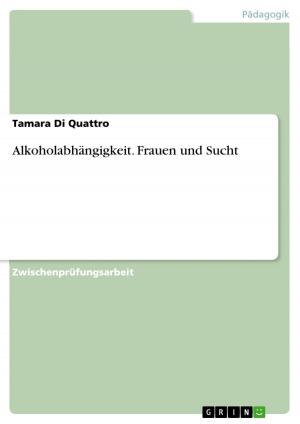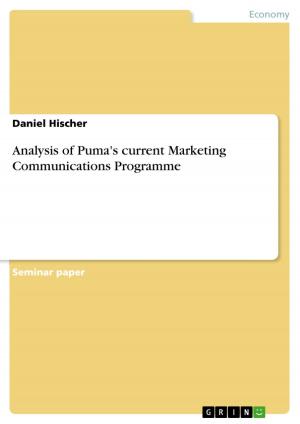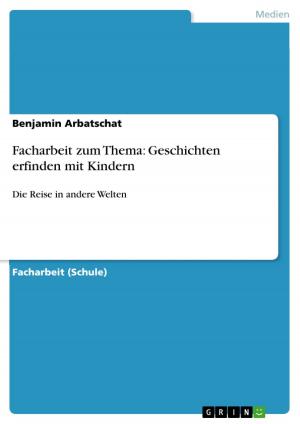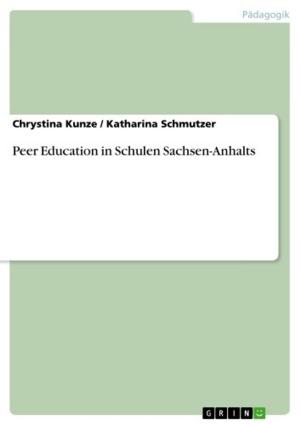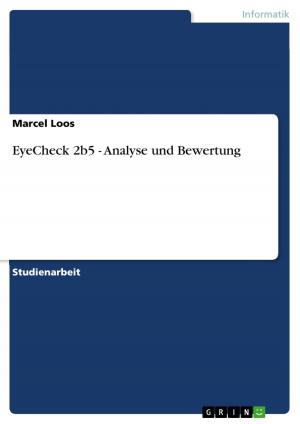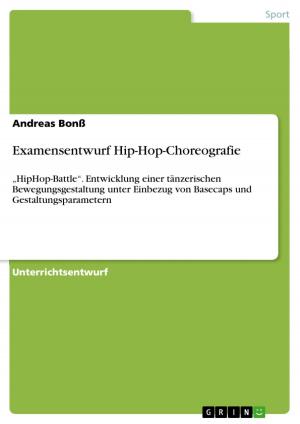Facing Asperger's. Optimum Education and Schooling for Children with Asperger Syndrome
Nonfiction, Reference & Language, Education & Teaching, Special Education| Author: | Anonymous | ISBN: | 9783668009509 |
| Publisher: | GRIN Verlag | Publication: | July 1, 2015 |
| Imprint: | GRIN Verlag | Language: | English |
| Author: | Anonymous |
| ISBN: | 9783668009509 |
| Publisher: | GRIN Verlag |
| Publication: | July 1, 2015 |
| Imprint: | GRIN Verlag |
| Language: | English |
Seminar paper from the year 2012 in the subject Pedagogy - Orthopaedagogy and Special Education, Bielefeld University, language: English, abstract: 'Asperger: a syndrome between autism and normality' / 'The Oops-Wrong-Planet syndrome'. Both terms describe the same syndrome. The affected children oscillate between the poles of normality and otherness and try to find a place in society in their own way and with their own needs and abilities. Their intellectual potential often makes them capable of going to a regular school - however, their particular social and communication behavior alters their social interactions with the others: consequently, the daily school routine of many children is associated with tension and mishaps. It often occurs that they become socially isolated and inappropriately encouraged, so they can neither develop their talents nor keep positive memories of their school time. The future inclusive school has the task of adopting all children without any hierarchy and satisfying the individual needs of each. However, how can the inclusive school be conceived as a pleasant place and associated with success from the viewpoint of these children? Under what conditions can it adjust to their exceptionality and encourage them in a productive way? These are the research questions that will be driving this work. They attempt to analyze the daily school routine from 'aspergic' perspectives and reveal the conditions for adequate learning programs and a successful school experience for these children. First of all, the diagnostic classification of the traits of the Asperger syndrome is analyzed with its potential implications in the daily routine of the children, since they determine the educational measures. Concluding the work, further important building blocks for the future inclusive school to be attended will be approached and commented upon from my point of view as a teacher.
Seminar paper from the year 2012 in the subject Pedagogy - Orthopaedagogy and Special Education, Bielefeld University, language: English, abstract: 'Asperger: a syndrome between autism and normality' / 'The Oops-Wrong-Planet syndrome'. Both terms describe the same syndrome. The affected children oscillate between the poles of normality and otherness and try to find a place in society in their own way and with their own needs and abilities. Their intellectual potential often makes them capable of going to a regular school - however, their particular social and communication behavior alters their social interactions with the others: consequently, the daily school routine of many children is associated with tension and mishaps. It often occurs that they become socially isolated and inappropriately encouraged, so they can neither develop their talents nor keep positive memories of their school time. The future inclusive school has the task of adopting all children without any hierarchy and satisfying the individual needs of each. However, how can the inclusive school be conceived as a pleasant place and associated with success from the viewpoint of these children? Under what conditions can it adjust to their exceptionality and encourage them in a productive way? These are the research questions that will be driving this work. They attempt to analyze the daily school routine from 'aspergic' perspectives and reveal the conditions for adequate learning programs and a successful school experience for these children. First of all, the diagnostic classification of the traits of the Asperger syndrome is analyzed with its potential implications in the daily routine of the children, since they determine the educational measures. Concluding the work, further important building blocks for the future inclusive school to be attended will be approached and commented upon from my point of view as a teacher.



